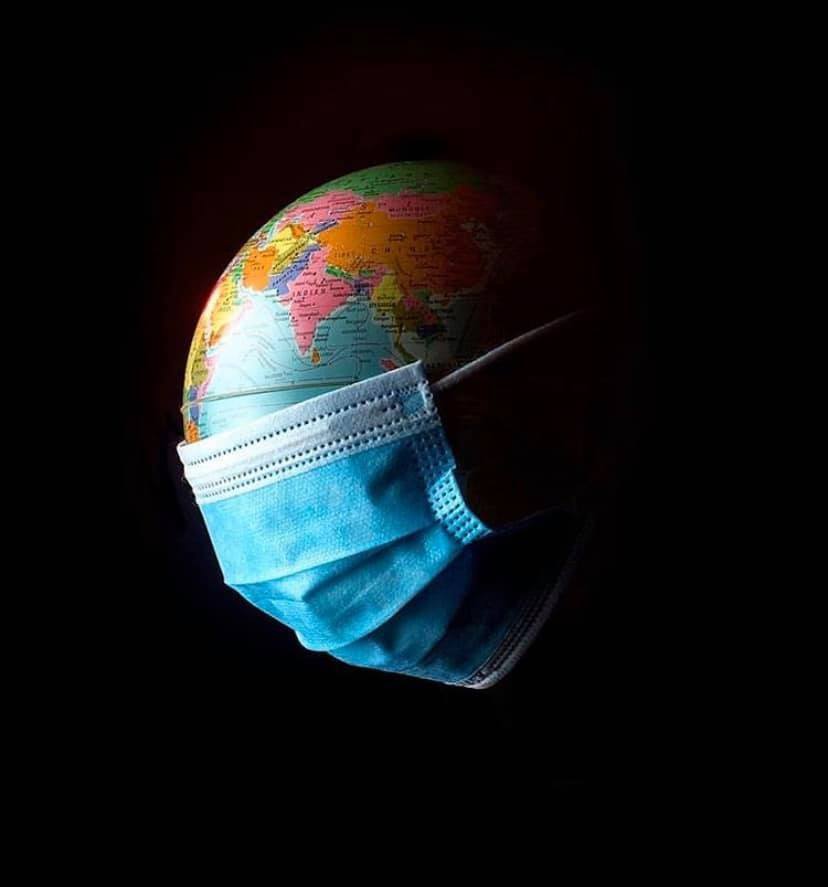
World leaders must come together for our planet and deliver in Glasgow on the promise made at COP21 in Paris, COP26 President-Designate Alok Sharma will say today (Tuesday 12th October) in a major speech at the UNESCO World Heritage Centre in the French capital.
The landmark Paris Agreement was reached at COP in 2015, which committed countries to avoid the worst effects of climate change by limiting global temperature rises well below 2C, aiming for 1.5C.
Mr Sharma will point to progress made since the Paris Agreement and outline the importance of leaders taking ambitious action at COP26 in the UK later this month. The Summit will open in Glasgow on 31st October.

The COP26 President will highlight four elements for COP26 to deliver the level of ambition required:
1) climate action plans to significantly reduce emissions by 2030 and reach net zero by mid-century, and to support adaptation to tackle climate threats
2) concrete action to deliver these plans, including agreements on reducing coal, electric cars, protecting trees and reducing methane emissions
3) to honour the $100bn dollar pledge, and
4) a negotiated outcome that paves the way for a decade of ever-increasing ambition.
Mr Sharma will echo the call from the countries most vulnerable to climate change for all G20 countries and major emitters of greenhouse gases to come forward with enhanced, ambitious 2030 climate action plans, known as Nationally Determined Contributions. The leaders of the G20 countries will meet in Rome at the end of this month.
He will also urge world leaders to take the lead from those climate vulnerable countries which are taking action in the most difficult circumstances to protect the planet and its people.

COP26 President-Designate Mr Sharma is expected to warn leaders: “COP26 is not a photo op or a talking shop. It must be the forum where we put the world on track to deliver on climate. And that is down to leaders. It is leaders who made a promise to the world in this great city six years ago. And it is leaders that must honour it.
“Responsibility rests with each and every country. And we must all play our part. Because on climate, the world will succeed, or fail as one.”
The President will be clear that we must see new commitments on public and private finance to support the countries most vulnerable to climate change and progress on adaptation to the effects of our changing climate, accounting for the loss and damage that it can cause.
He will also speak about the work done ahead of COP26 to make it the most inclusive COP to date, despite the unprecedented challenges the world faces in hosting an event during the COVID-19 pandemic. He will set out the measures in place to make the Summit safe, including the vaccine offer to developing countries, daily testing regime and social distancing in the venue.

On this, Alok Shama is will say: “It will be an extraordinary COP in extraordinary times. But collectively, we must pull together to make it work. Forging unity from the unfamiliar. Because we have no choice but to deliver.
“Each country must step-up. And as COP26 President I will ensure that every voice is heard. That the smallest nations are sitting face to face with the world’s great powers. As equal parties to the process.”



